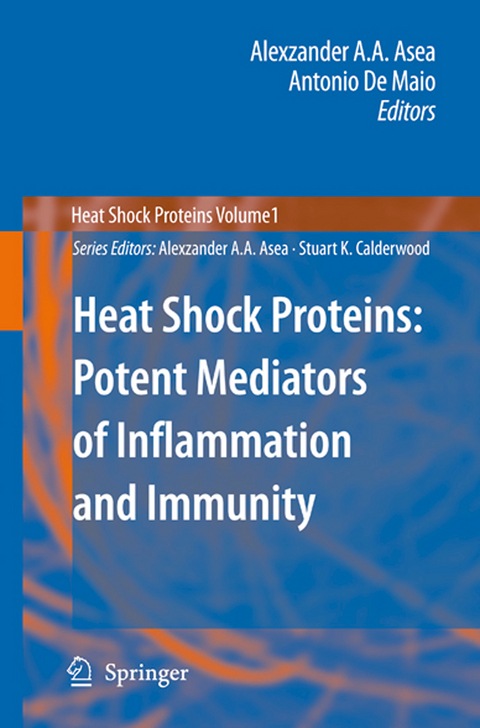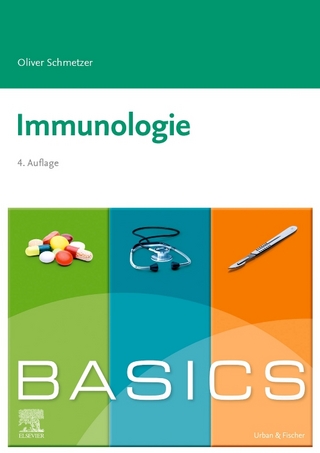
Heat Shock Proteins: Potent Mediators of Inflammation and Immunity
Springer-Verlag New York Inc.
978-1-4020-5584-3 (ISBN)
Mechanisms of Heat Shock Protein Release.- Release of Heat Shock Proteins: Passive Versus Active Release Mechanisms.- Hsp70 Peptide Acting as a Danger Signal for Natural Killer (NK) Cells.- Mechanisms of Stress-Induced Cellular Hsp72 Release.- Roles of Extracellular Heat Shock Proteins: A New Sense of Danger.- Heat Shock Protein Binding and Receptor-Mediated Signaling.- Macrophages and the Stress Response.- Heat Shock Proteins and Scavenger Receptors.- The Inside Story: Anti-Inflammatory roles of HSF1 and heat shock proteins.- Interaction of Heat Shock Protein 60 with Innate Immune Cells.- Immune Responses Elicited by Heat Shock Proteins.- HSP-APC Interactions: Initiation of Immune Responses.- Extracellular Functions for an Intracellular Protein: GRP94/GP96 Interactions with the Mammalian Immune System.- Hsp-Induced Stimulation of Immune Responses.- The Role of Heat Shock Proteins in the Elicitation of Immune Responses.- Hsp70 Family Members, Danger Signals and Autoimmunity.- The Immune Response Under Stress: Class I HLA Presentation of Host-Derived Peptides.- Extracellular Hsp 72: A Double-Edged Sword for Host Defense.- HSP60: A Pleiotropic Immune Signal.- Antigen Processing, Presentation and Effect on Inflammation and Disease.- Impact of HSP-Chaperoned Peptides on the MHC Class II-Dependent Presentation and Activation of CD4+ T Cells in Regard of Allo- and Autoantigens.- Heat Shock Proteins are Targets for T Cell Regulation: How Microbial HSP Induce IL10 Producing Anti-Inflammatory T Cells.- The Pro- and Anti-Inflammatory Properties of the Stress Protein GP96.- Anti-Tumor Response and Heat Shock Proteins (HSP): A friend or Foe relationship?.- Heat Shock Proteins and the Resolution of Inflammation by Lymphocytes.
| Erscheint lt. Verlag | 29.6.2007 |
|---|---|
| Reihe/Serie | Heat Shock Proteins ; 1 |
| Zusatzinfo | XII, 357 p. |
| Verlagsort | New York, NY |
| Sprache | englisch |
| Maße | 155 x 235 mm |
| Themenwelt | Medizin / Pharmazie ► Medizinische Fachgebiete ► Laboratoriumsmedizin |
| Medizin / Pharmazie ► Medizinische Fachgebiete ► Onkologie | |
| Studium ► Querschnittsbereiche ► Infektiologie / Immunologie | |
| Naturwissenschaften ► Biologie ► Biochemie | |
| ISBN-10 | 1-4020-5584-6 / 1402055846 |
| ISBN-13 | 978-1-4020-5584-3 / 9781402055843 |
| Zustand | Neuware |
| Haben Sie eine Frage zum Produkt? |
aus dem Bereich


